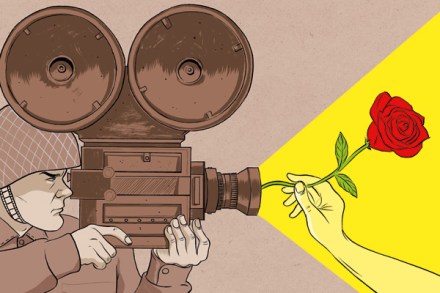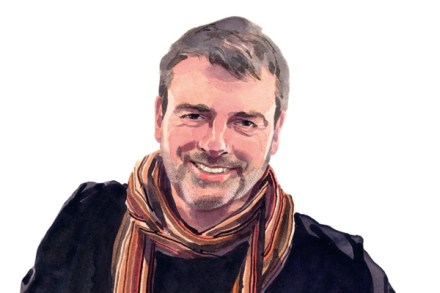Danny’s super sop
Almost the best thing about Danny Boyle’s Olympic Opening Ceremony was the running Twitter commentary. From Marcus Stead: ‘Ah, here we go, NHS worship. One of the most overrated things about Britain. Expensive, unreliable, regularly lets patients down.’ From Miss Annesley: ‘I think “Voldemort runs the NHS” is the moral of this story.’ And from Mr Ranty: ‘Stafford Hospital is second from the left, the one with 450 dead patients.’ Not getting into the spirit of things is something we British do well. It’s instilled in us from an early age — usually during our first visit to the pantomime where the nasty, scary bully man on stage insists we













